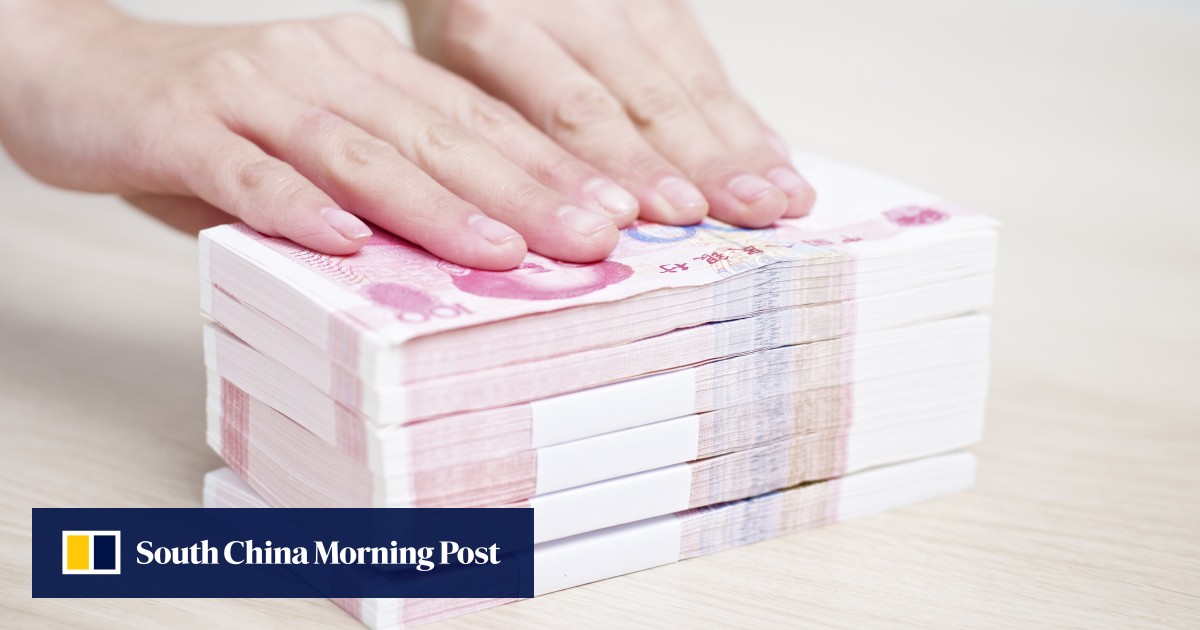China’s top police, prosecutors and judges have vowed to enforce tougher new penalties against people who offer bribes – a new front in Chinese President Xi Jinping’s anti-corruption drive.
Under amendments to the criminal law that took effect on Friday, representatives from companies or other entities found guilty of paying bribes now face 10 years in prison – up from the previous maximum of five years’ imprisonment.
People found guilty of repeatedly paying bribes could face life imprisonment, and confiscation of their property. Previously, the law did not clearly define what actions could lead to tougher penalties.
Heads still rolling as China’s anti-corruption drive enters second decade
Heads still rolling as China’s anti-corruption drive enters second decade
In July, draft revisions to the law were submitted for deliberation to the National People’s Congress (NPC) Standing Committee, China’s top legislature. After two readings, the revisions were approved in late December.
The amendments to seven provisions in the criminal law specify heavier penalties that could be handed to repeat offenders, people found guilty of paying bribes to multiple people, and to those who bribe state employees. Representatives from companies or entities found guilty of paying bribes could also face increased maximum prison terms.
In remarks published in a state media report on Friday, senior officials from China’s top legislative body, courts, procuratorate and the Ministry of Public Security pledged to improve their implementation of the amended law.
Xu Yongan, deputy head of the Criminal Law Office at the Legislative Affairs Commission, said the amended law brought “another important revision” based on the ninth Criminal Law Amendment passed in 2015 under Chinese President Xi Jinping’s anti-corruption drive, which boosted penalties for bribery.
China’s anti-corruption watchdog says it targeted 110,000 officials last year
China’s anti-corruption watchdog says it targeted 110,000 officials last year
Gao Jingfeng, who heads the Law and Policy Research Office of the Supreme People’s Procuratorate, said prosecutors would update their “concepts” of law enforcement and strengthen investigations.
Gao said the agencies would “firmly abandon the cognitive bias” that focused more on people taking bribes and neglected to investigate those offering them. Prosecutors would step up efforts to prevent corruption, with more attention on business compliance and increasing public legal awareness, Gao said.
Cases that involved private companies would also get more attention to ensure protocols were followed, Sun said, according to the report.
China’s anti-corruption drive erases US$9 billion in value from healthcare stocks
China’s anti-corruption drive erases US$9 billion in value from healthcare stocks
The tougher new penalties also apply to people who pay bribes related to major construction projects, personnel appointments, law enforcement and judicial matters.
The new amendments also cover offences that violate environmental protection, financial rules, production safety, food and medicine regulations, disaster prevention and relief, social security, and education and healthcare.







